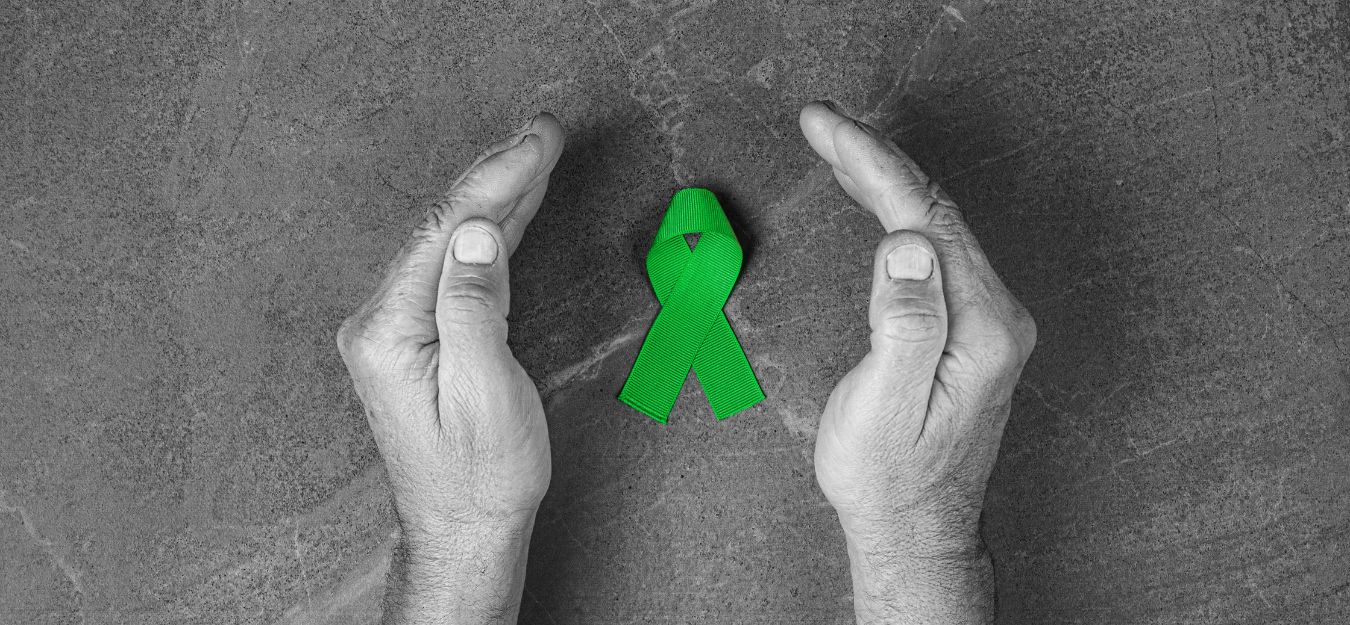Helping You Fight and Survive
Catching the signs of lymphoma early can help you fight it and survive it.
5 Signs of Lymphoma
Here are the common signs to look out for:
1. Swollen Lymph Nodes
This is probably the most well-known sign of lymphoma. These usually painless lumps often occur in the neck, armpits or groin. In particular, these instances of swelling without other signs of infection may indicate lymphoma.
Sometimes, these lumps may cause pain or discomfort when they press on other structures or areas of the body. For instance, swollen lymph nodes in the neck may make swallowing difficult.
2. Weight Loss
Unexplained weight loss that has occurred without trying is another tell-tale sign of lymphoma, often accompanying other signs or symptoms. Typically, this happens over many weeks or months. So, why does it happen?
The cancer cells that are rapidly dividing require energy. This can lead to an increase in your metabolic rate and needs. As a result, without changing your diet or lifestyle routines, you may lose weight.
3. Night Sweats
Night sweats and recurring fevers are also signs of lymphoma. Usually, fevers are low-grade. Night sweats, on the other hand, may leave you waking up in a puddle of sweat each morning. In fact, you might even find yourself having to change your bedsheets or clothes in the middle of the night due to excessive sweating.
If you’re experiencing excessive sweating without a clear sign, it’s likely a good idea to book an appointment with your doctor.
4. Fatigue or Exhaustion
We all feel tired from time to time. However, with lymphoma, you may feel as though you’re constantly dragging yourself through your days. Even with rest, this fatigue doesn’t go away. As a result, it can be difficult to focus or go about your daily tasks.
5. Chest, Abdomen or Bone Pain
If the lymphoma has spread to your bone marrow, bone pain can arise and disrupt normal function. However, this pain is usually only present in advanced cases.
Chest and abdomen pain can occur due to swelling in the lymph nodes. In fact, if you have swollen lymph nodes in your abdomen, this can feel like bloating or digestive discomfort. Yet, it’s not related to diet, and this can be a tell-tale sign that something’s not quite right.
Chest pain may also arise because of the interference of swollen lymph nodes. This swelling can press on the lungs or windpipe, causing shortness of breath or even coughing.
What is Lymphoma?
“Lymphoma” isn’t a diagnosis anyone wants to hear in their doctor’s office. Yet, the American Cancer Society estimates that over 80,000 individuals will receive this diagnosis this year.
This type of blood cancer attacks the lymphatic system in the body. Usually, this cancer starts in the white blood cells, spreading into the lymphatic system. This system in the body is responsible for helping fight infection; thus, it’s considered a very aggressive form of cancer.
There are two types:
- Hodgkin Lymphoma: This type of lymphoma involves the presence of the Reed-Sternberg cells. This type is often easier to treat.
- Non-Hodgkin Lymphoma: In these cases, the Reed-Sternberg cells are not present. This type of lymphoma can also vary in how aggressive and fast-growing it is.
Essentially, lymphoma occurs when healthy cells in the lymphatic system begin to grow out of control. However, these growths behave differently when compared to normal, healthy cells. They can lead to swelling in certain areas. They can also severely disrupt immune function, leaving you susceptible to illness.
Lymphoma Treatment Options
The good news is that there are many treatments for lymphoma, including:
- Chemotherapy: Often, this is administered intravenously. However, sometimes, it may be given in pill format. These drugs work to destroy the cancer cells.
- Immunotherapy: This type of treatment supports your immune system in fighting the cancer.
- Radiation: This involves light therapy that also helps destroy the cancer cells.
- CAR-T cell therapy: Chimeric antigen receptor (CAR)-T cell therapy also helps your immune system in fighting cancer cells. It helps your immune system recognize them and, thus, destroy them.
Ultimately, your specific treatment protocol will depend on your situation. Your doctor and you will determine the best next step forward, helping give you the best possible shot at beating this awful disease. Watching out for the signs, as outlined above, may help you detect it early enough so that you can get the help you need and deserve.
Learn about the early signs of stomach cancer.

